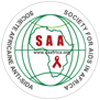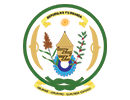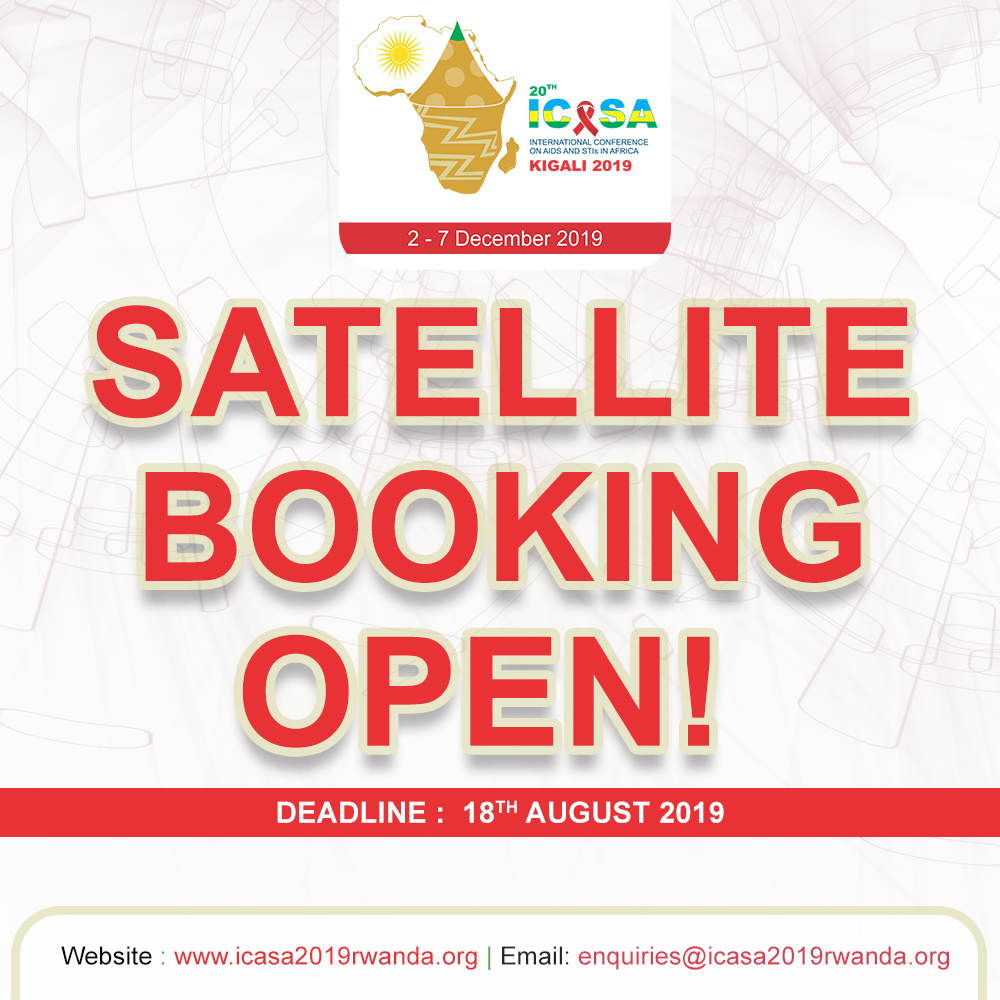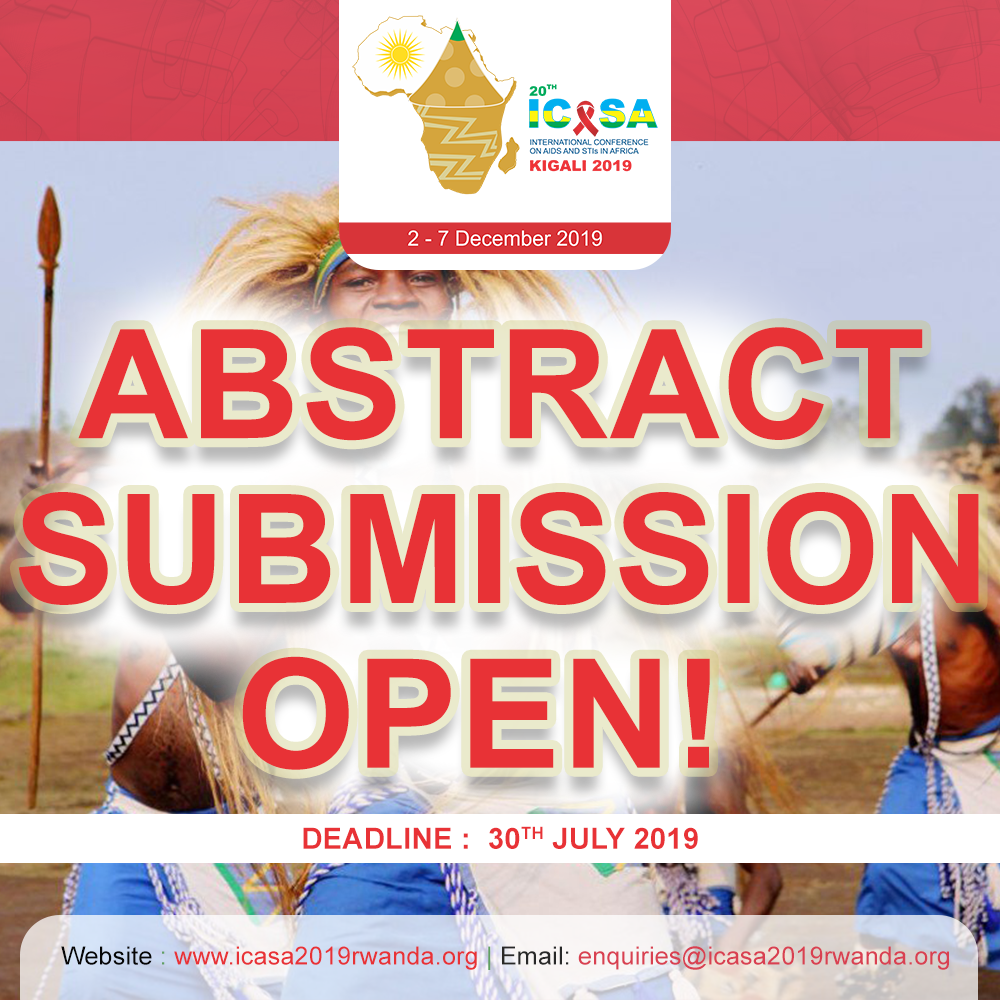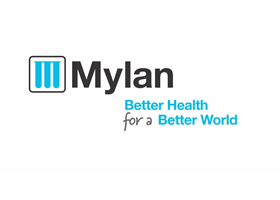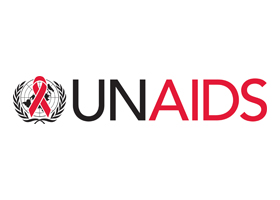Room: Community Village
Reporter: BAGWANEZA I. A. FIDELA
The 3RD of December each year is the International Day of Persons Living with Disabilities. This year’s theme is “the future is accessible for persons with disabilities. The day was celebrated at the 20th ICASA 2019 with the hosting of a dialogue session at the community village and participation in the marathon held to mark the World AIDS Day on the 1st December 2019.
Francois Xavier Karangwa, the Executive Director of the Umbrella of Organization of Persons with Disabilities in the fighting against HIV and AIDS (UPHLS) appreciated the space provided at the 2019 ICASA conference. This gives community members the opportunity for their voice to be heard about how they are affected by the epidemic. The space enables them as a community show that their disability is not their inability.
Sandrine Busiere, the representative of Humanitarian Inclusion, said that 15% of the world’s population where disabled persons. It is therefore important that such a huge number of people is not neglected in any HIV response. Yet the restrictions on social participation associated with disabilities manifest themselves differently depending on age and gender.
Women and men with disabilities face violence, high- risk sexual relations and HIV infections. Also, 25% of people living with disabilities had fallen victims to non-consensual sex and one in 3 women suffers sexual violence in her life time. New infections are occurring in people with disabilities; and disability is occurring in people living with HIV.
She concluded saying that vulnerability of persons with disabilities to the HIV infection is the result of the interaction between various factors external to the individual such as poverty, gender based violence or restrictions on access to services. Organisations like are need to facilitate access to interventions that establish more supportive and less risky environments that impact the sexual health of people with disabilities. Despite intervention, there are still gaps. Access to knowledge and information remains insufficient, availability of condoms is too limited and HIV screening is rare.


